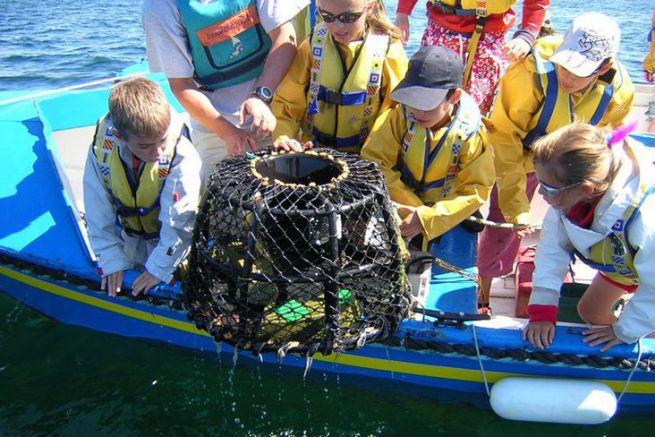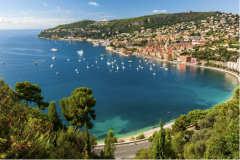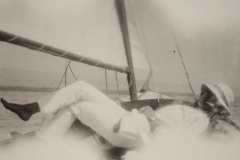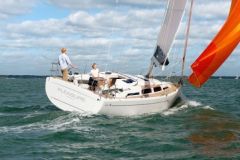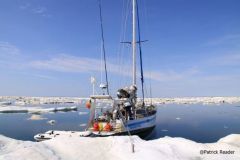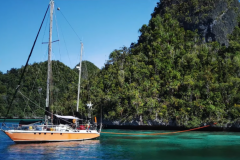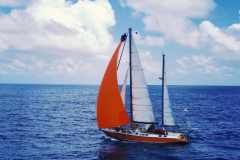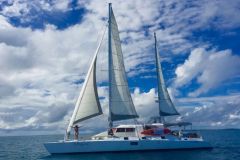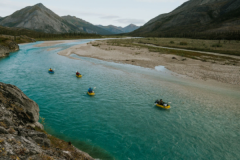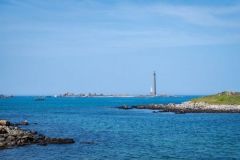France has one of the largest maritime estates in the world and is home to an extraordinary natural heritage. And given the importance of the oceans, the younger generations need to be made aware of this environment. The Classroom at Sea, a formidable tool for maritime environmental education, can and must be the tool of this awareness-raising effort.
Indeed, it seems desirable that from an early age, pupils should be taught about the sea, maritime history and geography, biotechnology, renewable marine energy and of course the preservation of marine ecosystems.
How the Class de Mer works
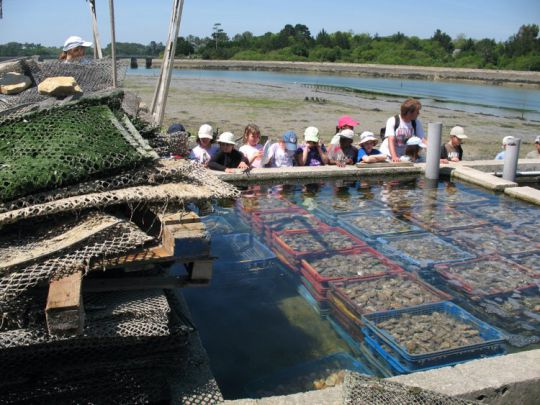
Born in 1964 in Finistère, the sea class, as its name suggests, is held in a school setting. The principle of a sea class consists in relocating an entire class and its teacher in a privileged natural environment for one or more weeks. This is a particularity of the French education system that allows a primary or secondary class to continue its usual school program while focusing its learning on the discovery of the maritime environment. Sharpening curiosity, arousing the thirst to learn around a different environment that encourages openness to the world, this is the basis of the philosophy of the classes de mer. A reception centre provides the accommodation structure and the support of a reinforced pedagogical team
A tool to discover the sea
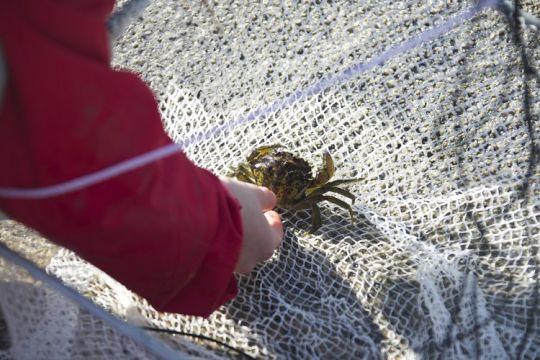
The sea classes participate in an original and effective way in the development of students by constituting an exceptional moment in their schooling, a highlight of their education, by providing students with a thorough knowledge of the maritime and coastal environment, and by making them discover the physical, economic, technological, cultural and human activities that depend on it. There is no shortage of opportunities for active teaching of knowledge of the maritime environment during a maritime class
- study of foreshore life
- fishing on foot respectful of the fauna and flora
- management of fisheries resources through contacts with fishermen
- information on maritime traffic, its needs, navigational rules, etc
- pollution inventory
- fragility of the coastline, such an important element in the ecological balance between land and sea...
What about the boat in all this?
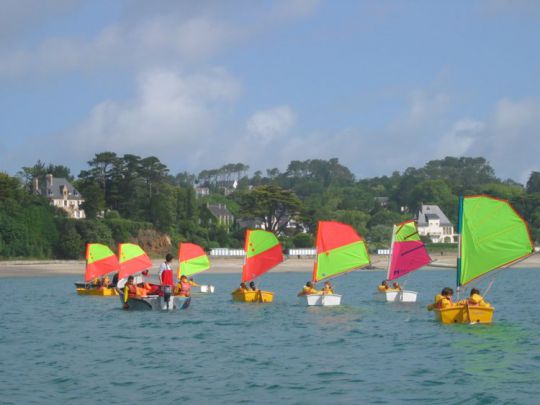
If sea class is not strictly speaking a class of sailing, kayaking, sand yachting or surfing, it is obviously the ideal setting for a first awareness of nautical practices. Depending on the sites, one or other of these practices will be proposed, as they are an integral part of the discovery of the maritime world. Learning to sail at school is to give the desire to continue by finding the pleasure of mastering a boat.
So many new sensations: sailing quickly or gently, discovering the land from the sea, understanding and appreciating another natural environment
Nature and the environment become an opportunity for the discovery of fauna and flora, but also a resource for the budding sailor in his ability to orientate, pilot or forecast
Where to go to sea school?
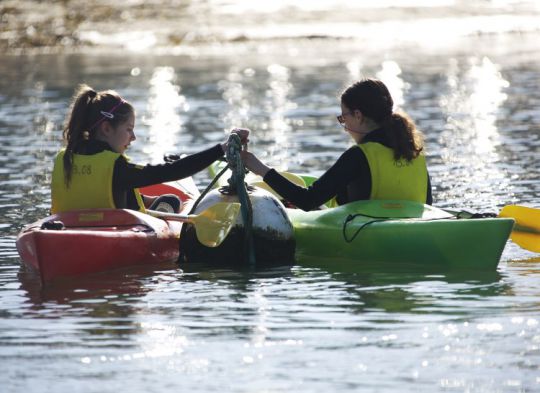
All along the French coastline, it is possible to organize a sea class. Some departments such as Finistère, Côtes-d'Armor, Morbihan, Vendée and Charentes Maritimes are known and recognized destinations. The Brittany region has also decided to make sea classes the spearhead of its maritime and coastal policy. It assists childcare facilities in their approach to educational innovation and service quality.
In addition, Brittany has just created the "Pass Classe de Mer" to help finance the transport of Breton schoolchildren. The aim is to double the number of children going to sea school.
Where there is the sea, it is possible to have a sea class, so encourage initiatives so that children can enjoy their class at sea!
